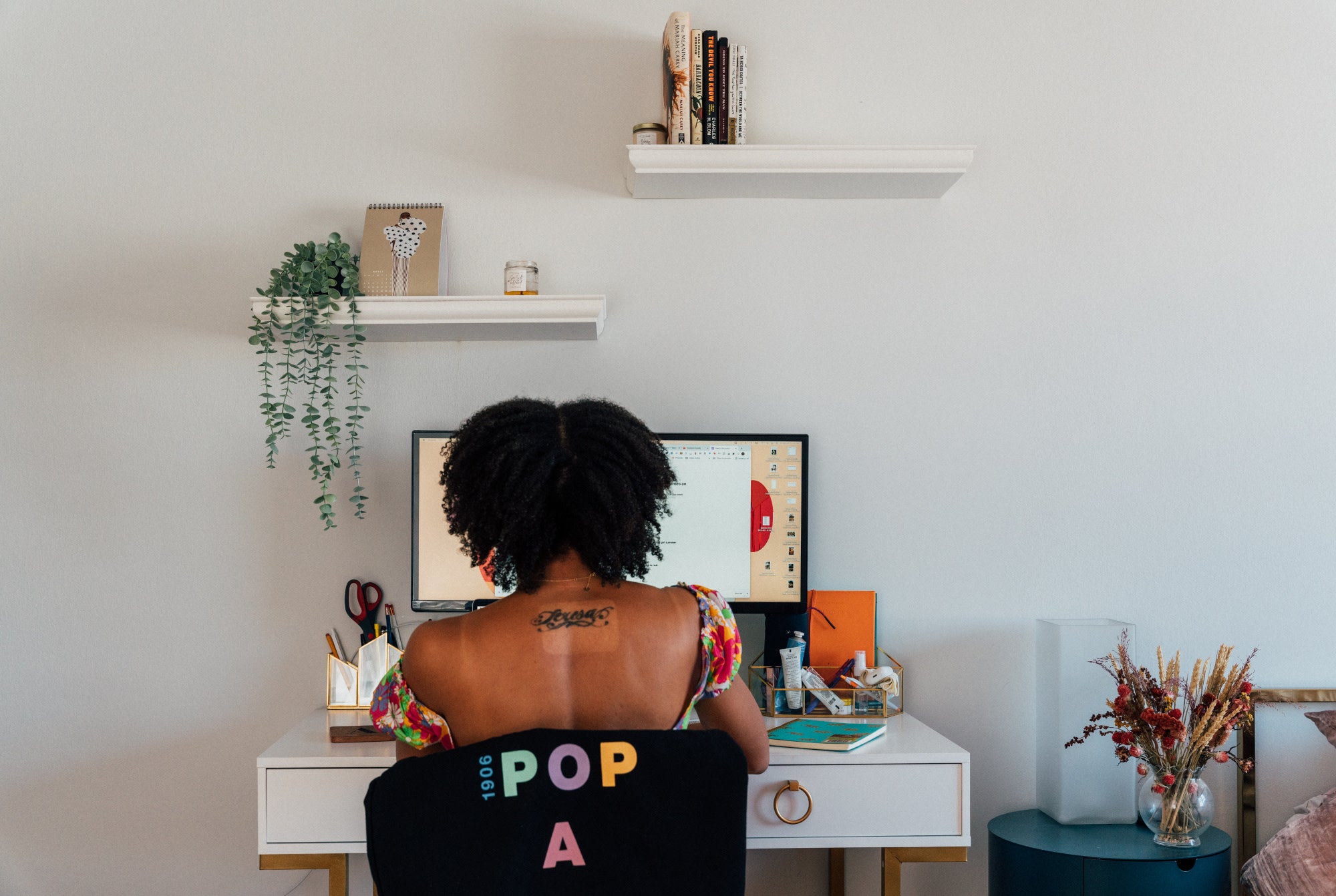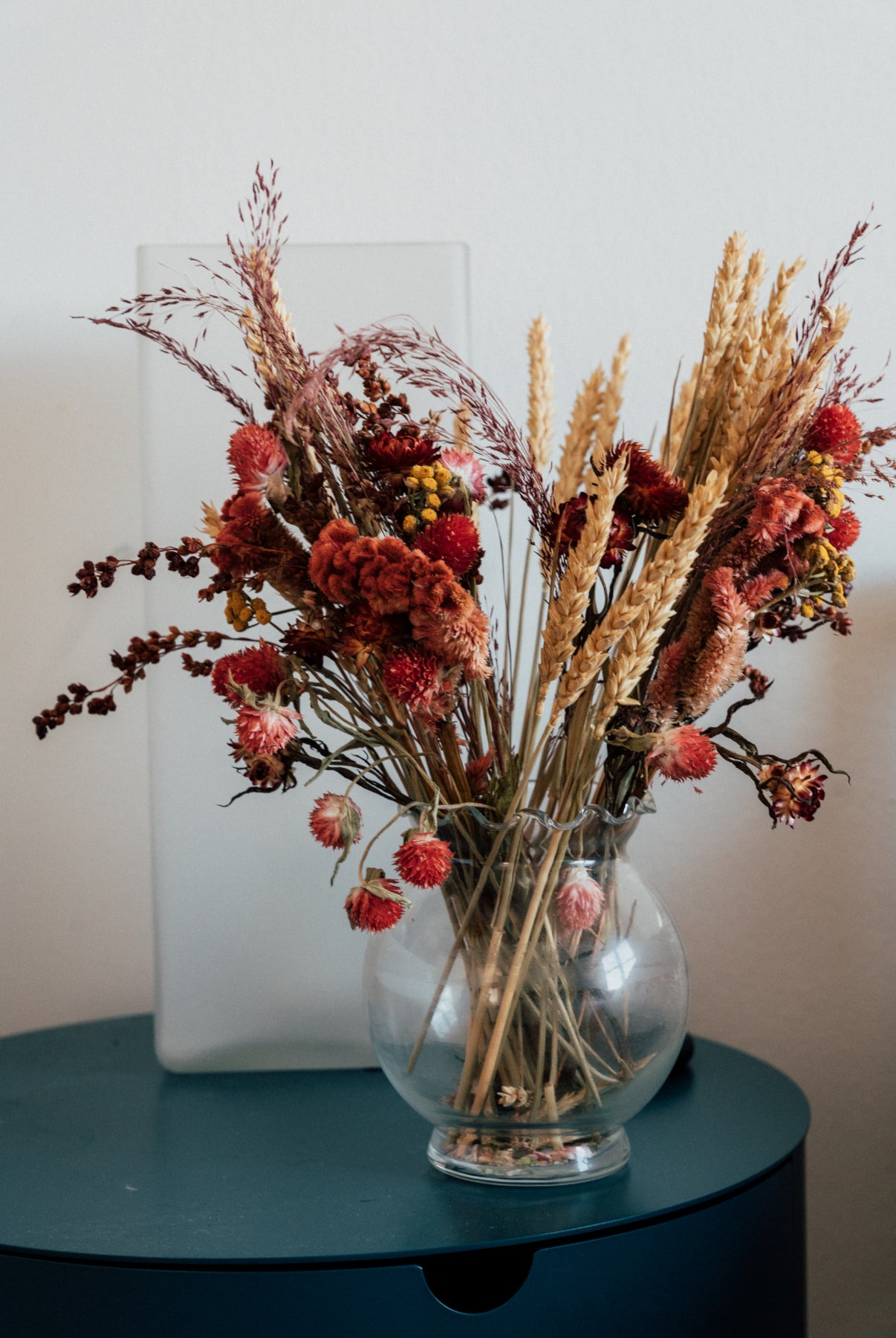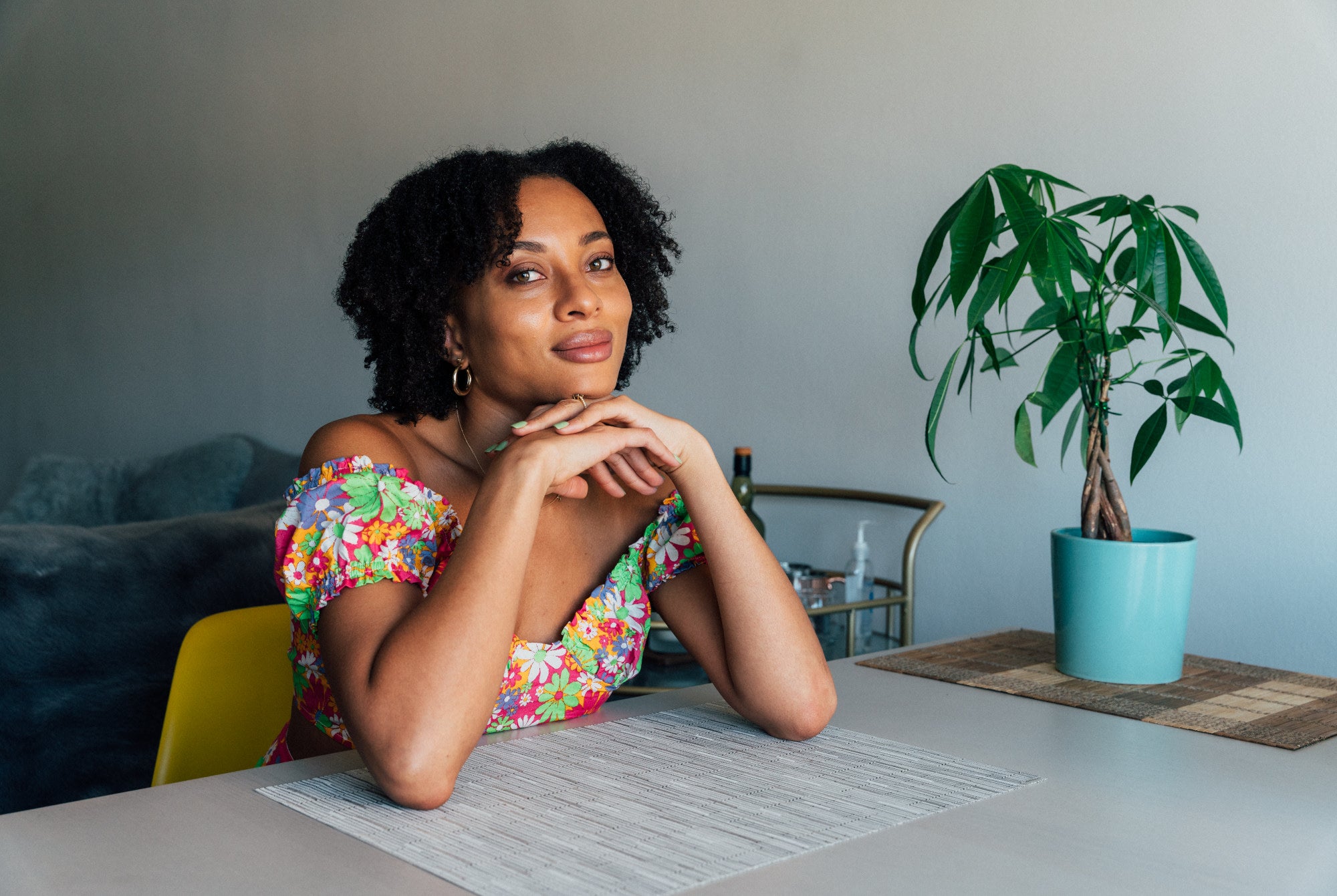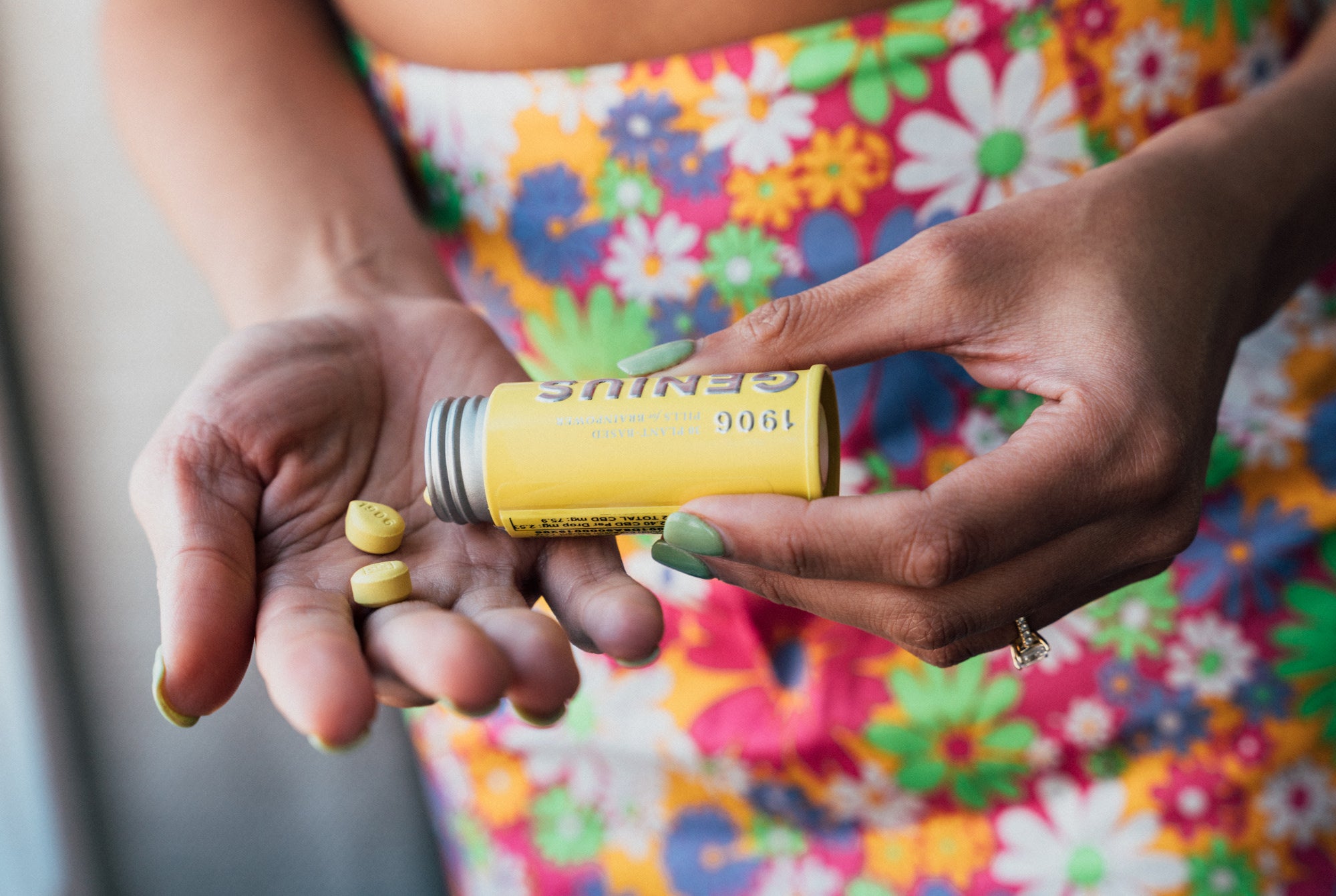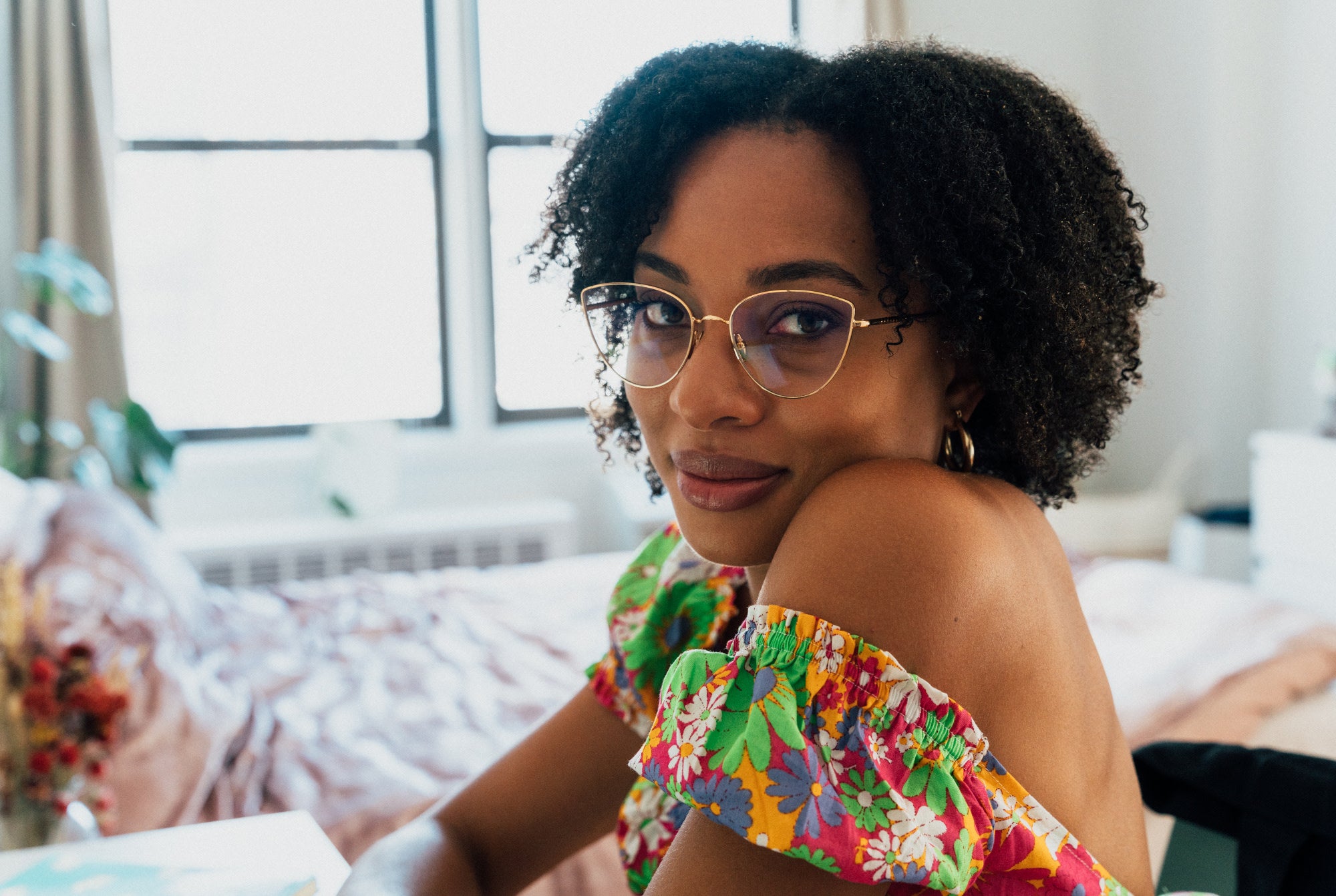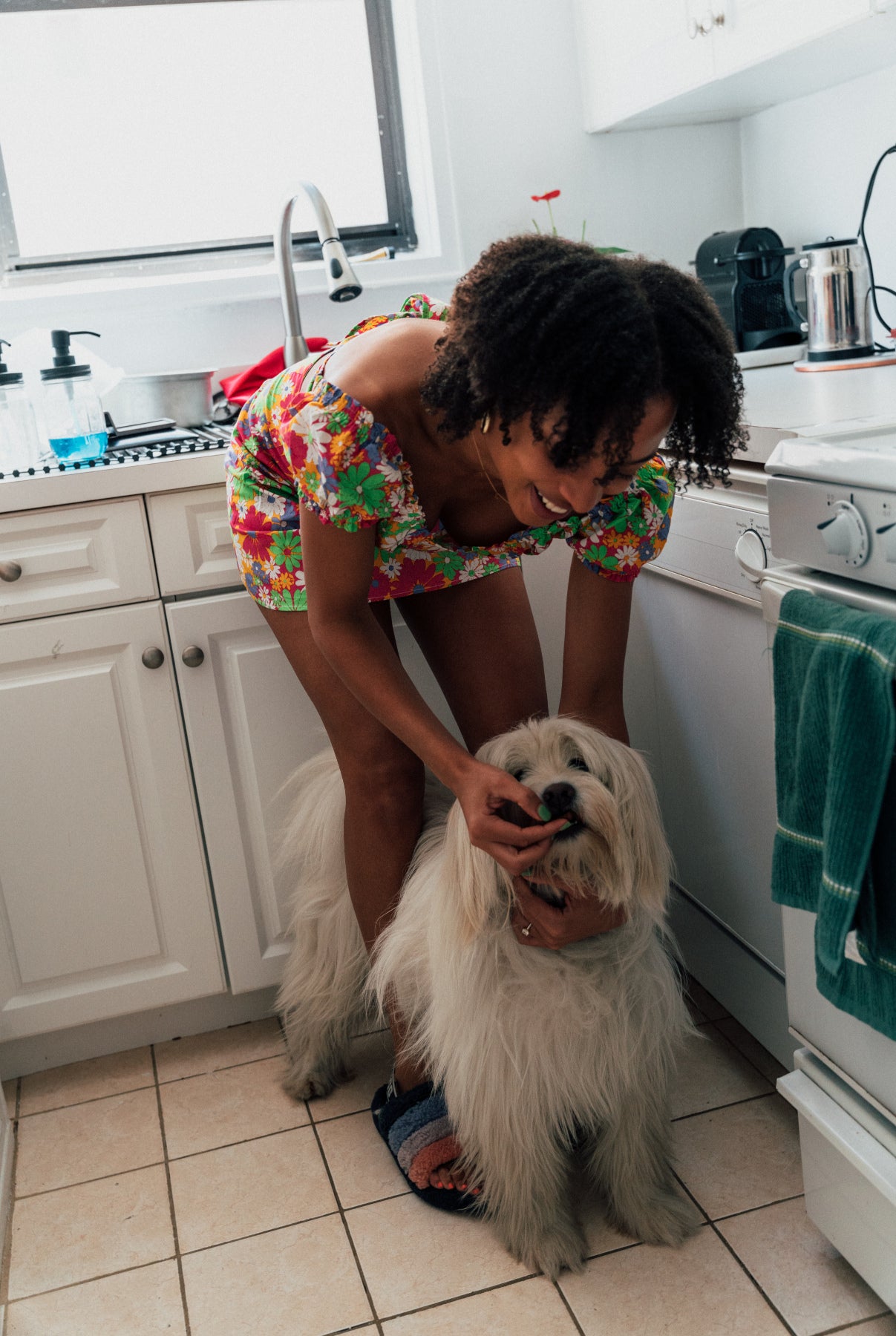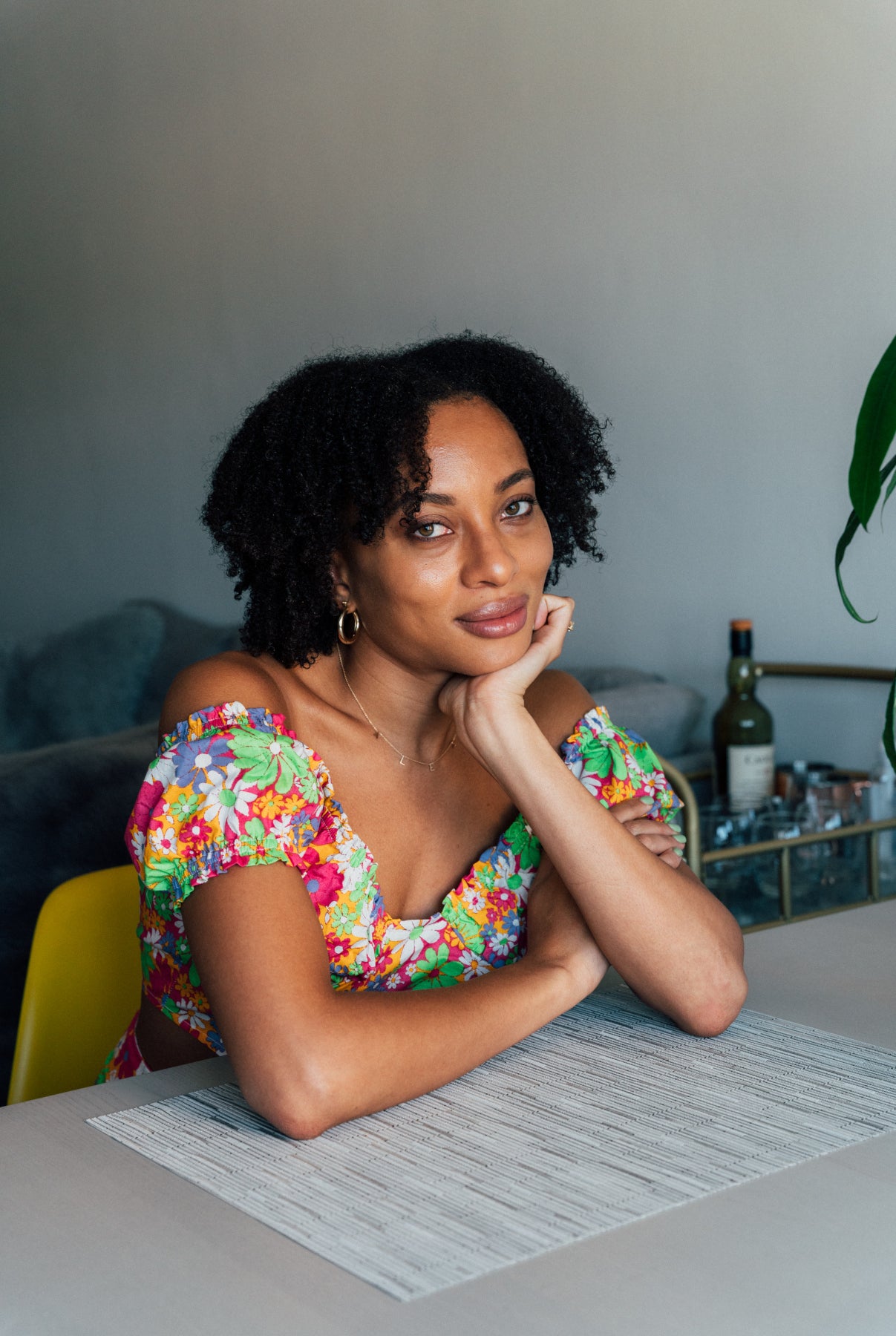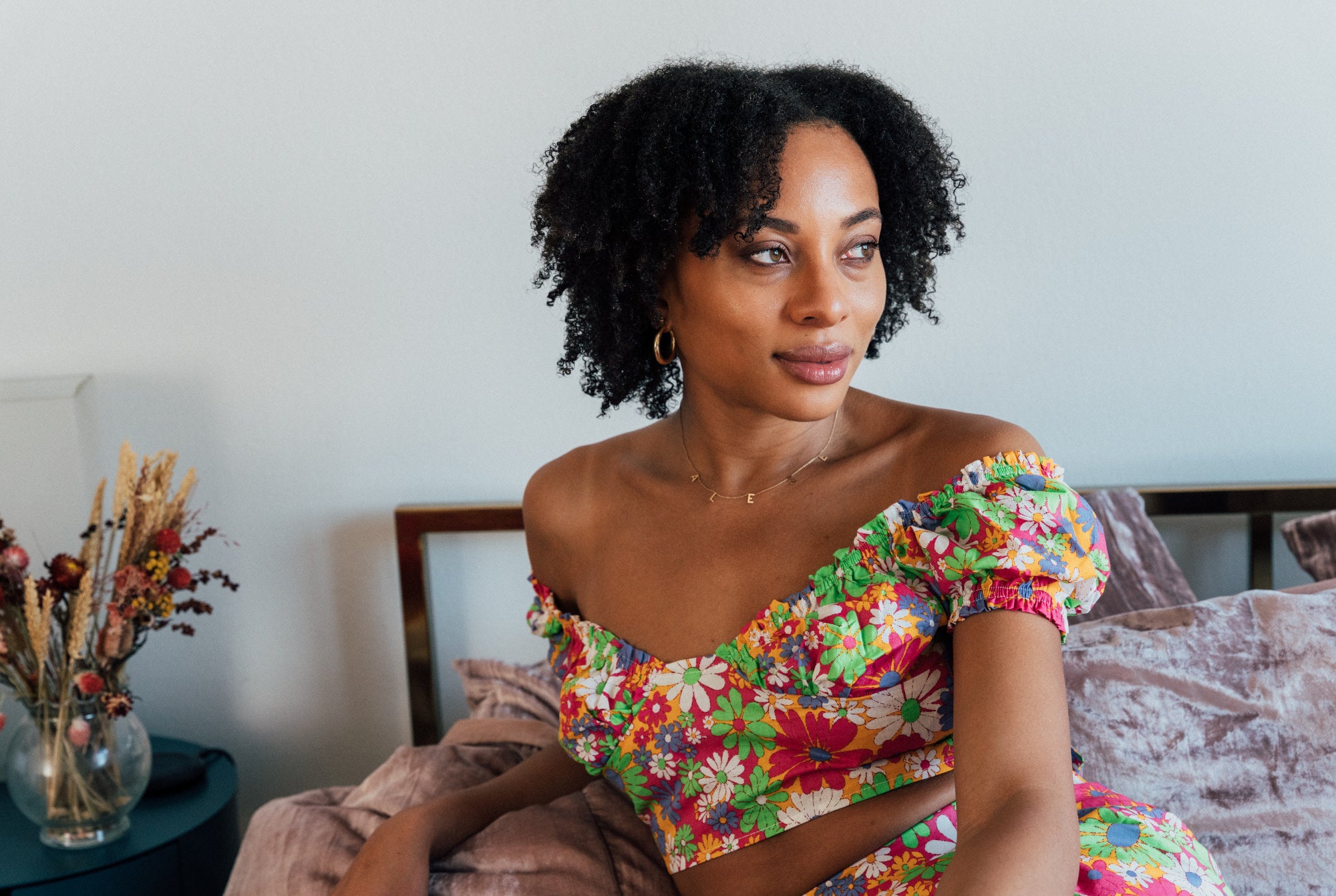
On the unhealthiness of journalism, beauty pageants, and the wonder of edibles.
AS TOLD TO GOSSAMER
I’m originally from Queens, so I’m a born and raised New Yorker.
I’ve never left, not even for college. During the pandemic, my fiancé and I had this fever dream of relocating to LA, but that didn’t work out, and now I’m like, “I’m glad we stayed here. I love New York.”
That’s what New York does to you: You hate it, but you just stay because there’s no place like it. Especially at the start of the pandemic. It was really, really bad here. But now it’s back alive, and I have this weird pride. I see a bunch of people coming back and I’m like, “You didn’t stay here. Don’t come back.” I get really annoyed when people are like, “New York is back.” You all left. I’m going to be here forever, I think. However, I do feel like I need to live in LA at some point in my life.

